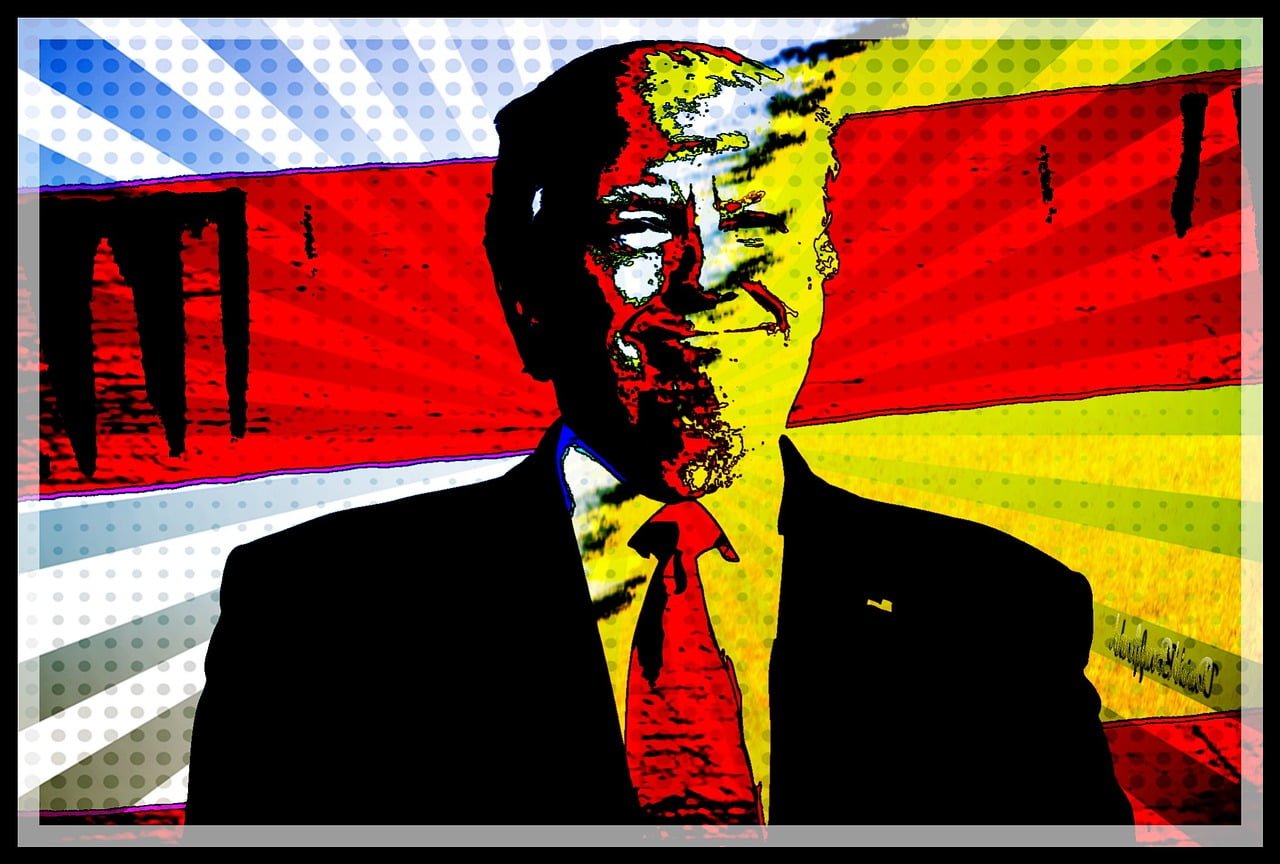At Saturday’s Halifax International Security Forum, Eric Schmidt announced that Google will alter its search algorithm to “de-rank” results from Russia Today.
Why did Google do this? Perhaps they were concerned about Russia meddling in American elections or they thought their customers wished to see less of Russia Today. It matters not. Generally, Google has broad power to police its platform. We might not like the decision, but it is not ours to make.
Feinstein boldly asked Google to hamper RT’s ability to communicate with American audiences.
There is a second possibility. Government officials may have threatened Google to bring about this “de-ranking” of Russia Today. If so, the First Amendment poses questions for us. We need answer such questions, however, only if government officials did, in fact, threaten Google.
Congressional Pressure on Google
Consider the following exchange between Sen. Feinstein and Google General Counsel Kent Walker from the Senate Intelligence Committee hearings on Russian influence in the 2016 election:
Feinstein: Why didn’t Google take any action regarding RT after the intelligence community assessment came out in January of 2017.
Walker: … with regard to RT, we recognize the concerns that have been expressed about RT and concerns about its slanted coverage, this is of course a question that goes beyond the internet, RT is covered, its channel is on major cable television stations, on satellite television stations, its advertising appears in newspapers, magazines, airports, it’s run in hotels in pretty much every city in the United States. We have carefully reviewed the content of RT to see that it complies with the policies that we have against hate speech, incitement to violence, etc., so far we have not found violations, but we continue to look, beyond that, we think that the key to this area is transparency, that Americans should have access to information from a wide variety of perspectives, but they should know what they’re getting, so we already on Google provide information about the government funded nature of RT, we’re looking on ways to expand that to YouTube and potentially other platforms.
Feinstein: Well, I’m really not satisfied with that, that’s sort of been the trend of the testimony all along, I think we’re in a different day now, we’re at the beginning of what could be cyberwar, and you all, as a policy matter, have to really take a look at that and what role you play.
Sen. Feinstein rather boldly asked Google to take action to hamper RT’s ability to communicate its views to American audiences. This demand came after an opening speech in which she proclaimed that internet platforms must “do something about it, or we will.” It is difficult to interpret this as anything but a threat.
If Google failed to quash RT, Congress would yoke them with onerous regulation.
If Google, and others, failed to quash RT using tools constitutionally prohibited to Congress, Congress would yoke them with onerous regulation. Google has now responded with the de-ranking. Of course, we lack a document where Mr. Schmidt says something like “to avoid unspecified harms by Congress, Google must change our search function.” But the context and timing of the hearings and the de-ranking make a persuasive case for coercion.
Wrong, Wrong, and Wrong
Congress is wrong in three ways. First, freedom of speech. RT America, despite being recently required to register itself as a foreign agent, enjoys First Amendment speech rights in the same way that other foreign, state-funded television channels like Al Jazeera and BBC America do. Congress does not have the power to prevent them from running advertisements, or publishing news stories on their website.
Second, editorial control. Courts have ruled that the First Amendment protects a search engine’s ordering of results. A search algorithm may be “meta” editorial control, but it nonetheless is and should be protected from government threats. By analogy, consider The Wall Street Journal. Should we allow public officials to “persuade” editors to move a story from the front page to page 11?
Third, the interests of listeners/readers. Courts have permitted the government to license broadcasters and to impose fairness obligations as a condition for a license. Such impositions are said to be in the interest of listeners or viewers given the scarcity of the broadcast spectrum. But opportunities to speak on the Internet are not scarce or limited by nature. In any case, Google users do not need public officials to decide what they read about and when. That idea runs directly counter to freedom of speech.
Google appears to have politicized its platform in order to forestall political punishment.
In responding favorably to this bullying cry for censorship, Google appears to have politicized its platform in order to forestall political punishment. This is strikingly similar to the EU’s use of threatened regulation to force social media firms to adopt its definitions of hate speech, applying them globally through terms-of-service changes.
Both episodes represent end-runs around the First Amendment, in which private firms are pushed to enforce policies that governments would be otherwise prohibited from instantiating. The recent Google example, however, is far more troubling, as it is the American government, supposedly fully bound by the First Amendment, which has resorted to bald threats in order to circumvent the rights-protections guaranteed to its citizens.
Reprinted from Cato Institute.
John Samples
This article was originally published on FEE.org. Read the original article.






